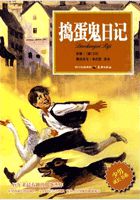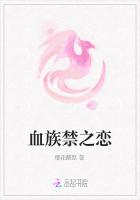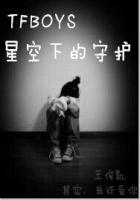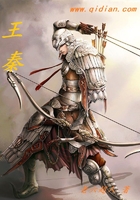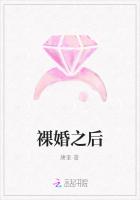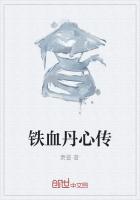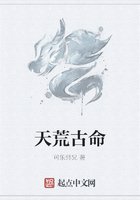The first capitalists found, as we have said, wage-labour ready-made for them. But it was exceptional, complementary, accessory, transitory wage-labour. The agricultural labourer, though, upon occasion, he hired himself out by the day, had a few acres of his own land on which he could at all events live at a pinch. The guilds were so organised that the journeyman of today became the master of tomorrow. But all this changed, as soon as the means of production became socialised and concentrated in the hands of capitalists. The means of production, as well as the product, of the individual producer became more and more worthless; there was nothing left for him but to turn wage-worker under the capitalist. Wage-labour, aforetime the exception and accessory, now became the rule and basis of all production;aforetime complementary, it now became the sole remaining function of the worker. The wage-worker for a time became a wage-worker for life. The number of these permanent wageworkers was further enormously increased by the breaking-up of the feudal system that occurred at the same time, by the disbanding of the retainers of the feudal lords, the eviction of the peasants from their homesteads, etc. The separation was made complete between the means of production concentrated in the hands of the capitalists, on the one side, and the producers, possessing nothing but their labour-power, on the other. The contradiction between socialised production and capitalistic appropriation manifested itself as the antagonism of proletariat and bourgeoisie.
We have seen that the capitalistic mode of production thrust its way into a society of commodity producers, of individual producers, whose social bond was the exchange of their products. But every society based upon the production of commodities has this peculiarity: that the producers have lost control over their own social interrelations. Each man produces for himself with such means of production as he may happen to have, and for such exchange as he may require to satisfy his remaining wants. No one knows how much of his particular article is coming on the market, nor how much of it will be wanted. No one knows whether his individual product will meet an actual demand, whether he will be able to make good his costs of production or even to sell his commodity at all. Anarchy reigns in socialised production. But the production of commodities, like every other form of production, has its peculiar, inherent laws inseparable from it; and these laws work, despite anarchy, in and through anarchy. They reveal themselves in the only persistent form of social interrelations, i.e., in exchange, and here they affect the individual producers as compulsory laws of competition.
They are, at first, unknown to these producers themselves, and have to be discovered by them gradually and as the result of experience. They work themselves out, therefore, independently of the producers, and in antagonism to them, as inexorable natural laws of their particular form of production.
The product governs the producers.
In mediaeval society, especially in the earlier centuries, production was essentially directed towards satisfying the wants of the individual.
It satisfied, in the main, only the wants of the producer and his family.
Where relations of personal dependence existed, as in the country, it also helped to satisfy the wants of the feudal lord. In all this there was, therefore, no exchange; the products, consequently, did not assume the character of commodities. The family of the peasant produced almost everything they wanted: clothes and furniture, as well as means of subsistence. Only when it began to produce more than was sufficient to supply its own wants and the payments in kind to the feudal lord, only then did it also produce commodities. This surplus, thrown into socialised exchange and offered for sale, became commodities. The artisans of the towns, it is true, had from the first to produce for exchange. But they, also, themselves supplied the greatest part of their own individual wants. They had gardens and plots of land. They turned their cattle out into the communal forest, which also, yielded them timber and firing. The women spun flax, wool, and so forth.
Production for the purpose of exchange, production of commodities, was only in its infancy. Hence, exchange was restricted, the market narrow, the methods of production stable; there was local exclusiveness without, local unity within, the mark [114] in the country;in the town, the guild.






